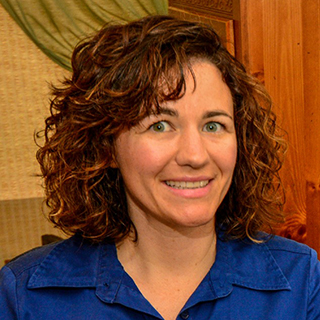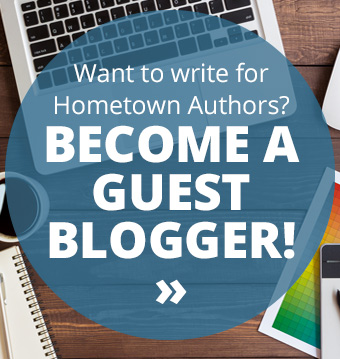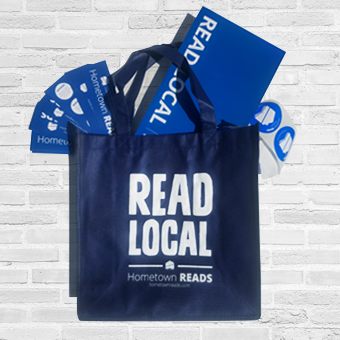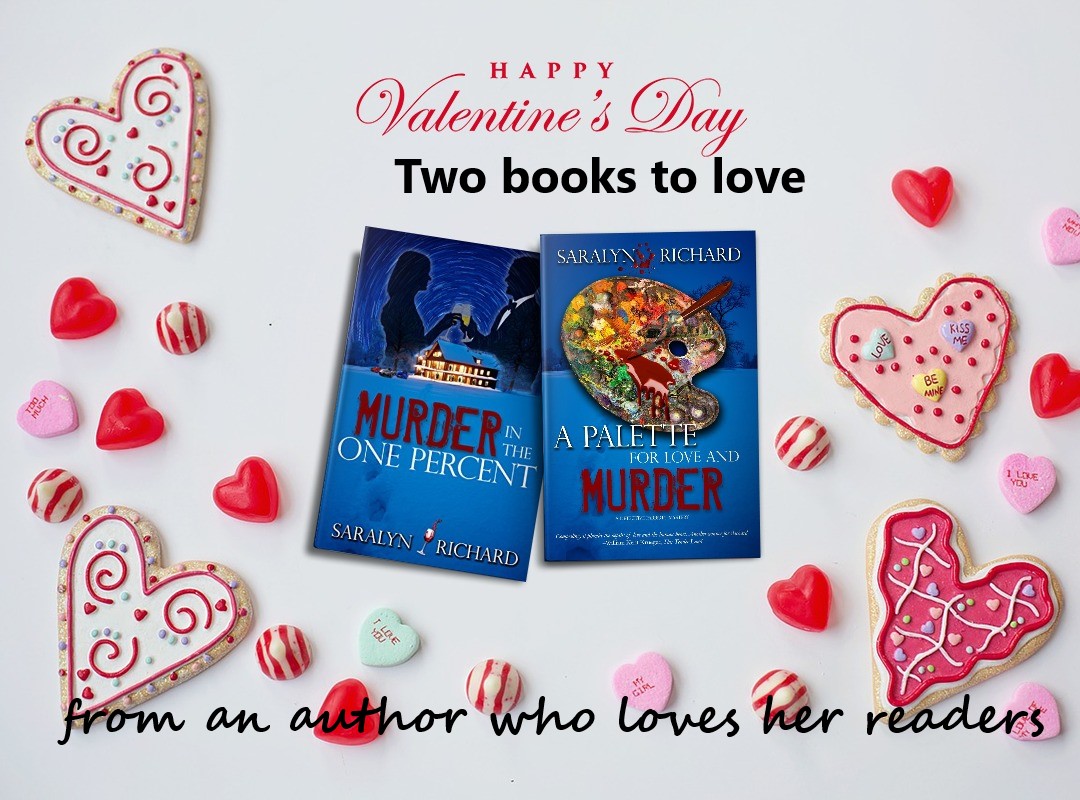It’s a Marathon, Not a Sprint
As an independent author, I hear it all the time. “You wrote a whole book? Wasn’t it super hard? I don’t know how you did it.”
Yes, writing a book is tough. Revising and editing that book is harder. Releasing that book to the world for others to read is maybe one of the toughest things an author will ever do.
But the very hardest part of this author gig?
Marketing. Hands down, marketing is the biggest challenge. And, unless you’ve got the big name of one of the top publishers behind your book, it doesn’t matter if you’re self-published or traditionally published, you’re going to have to market your book if you want sales.
Sure, we all dream of publishing a book and readers flocking to it by the thousands, sharing your name and title with every single friend and family member, and posting rave reviews on every single sales platform. But that doesn’t happen for the vast majority of us. If it’s happened to you, you can just stop reading now.
So how do we market our books? What’s the number one way to get our books? The magic bullet? The golden ticket?
Sadly, there isn’t one.
However, I can speak on some ways to market that I’ve found to be successful and some that I’ve found to be not-so-successful. These are in no particular order. And all of this info is based solely on my personal experiences.
- Facebook and other social media
- This is a great way to connect with readers and build your audience. I wouldn’t say that it generates a ton of sales. If you can figure out how to run Facebook ads you’ll be able to drum up some sales. But running Facebook ads seems to be a hard process and pretty hit and miss. Instagram, Twitter, Pinterest, Google+, etc. have their place in marketing. Social media in general, in my experience, is good for building your brand and presence.
- Website
- This is extremely important. While it may not lead to immediate or direct sales, I feel a website is a must. Potential readers are going to want to know more about you, your books, where to find your titles. Your website should include all of this. It doesn’t have to be fancy, but it should be easy to find and you should make sure you have it on everything a reader may come across so they can look you up.
- Newsletter
- I’ve heard this is the best form or marketing, but I’ve also heard the new privacy laws have sort of skewed the newsletter’s effectiveness. Either way, I think it’s a good thing to have. Yes, you’ll likely start small, but a small group of dedicated readers is better than a huge group who only signed up for a freebie. Whatever you do, though, don’t spam your subscribers. Nothing is worse than daily emails. Most of my readers voted they’d like to get a newsletter from me 2-4 times a month.
- Newsletter services
- Bookbub, as you may have heard, is the Holy Grail of advertising your book. But it’s extremely hard to get into and very pricey (although you’ll most likely make back the cost IF you can get in.) Other promo newsletters exist and can be very helpful. You have to do your research though. Check their audience and their average downloads and their cost. Some are definitely worth it, some are not. Don’t just throw money at promo services.
- Bookbub ads, GoogleAds, and AMS (Amazon Marketing Service) ads–
- these can work very well and can be run for small amounts of money (of course, the more you spend the more you have the potential to make.) Play around with these and start with small spend levels.
- Author signings, book events, book conferences
- These are NOT going to be huge money makers for authors, but they are a good way to make connections and build your brand and presence. Just don’t go into them thinking you’ll make back your money.
This isn’t an exhaustive list of marketing strategies and what works for some won’t work for others. Marketing is a never-ending part of the author world. It’s a marathon, not a sprint.









What People Are Saying